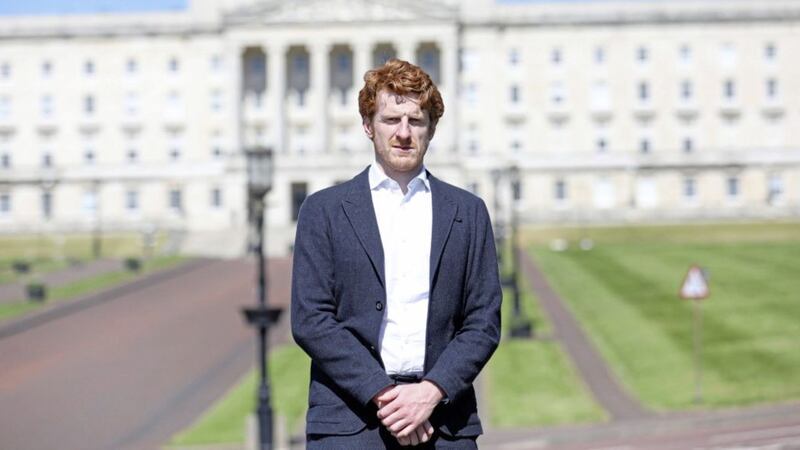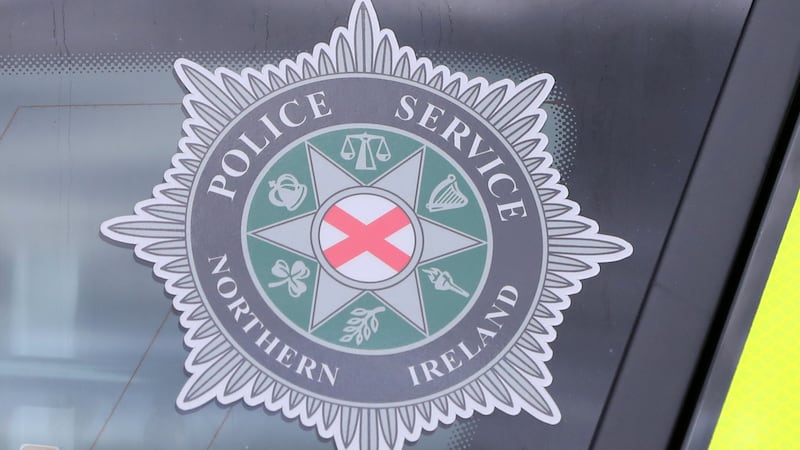THE Northern Ireland Office has denied it has drawn up plans to stop journalists from investigating the past.
The body, which represents the British government in the north, denied the claim after it appeared in an English magazine.
The NIO posted a message from its Twitter account yesterday saying it "is not preparing such a code of ethics for media organisations and has no intention of doing so".
The denial came just days after the British government revealed plans to introduce a Troubles amnesty, halt civil cases and close down inquests.
Some see the wide-sweeping proposals as an effort to hide the role of British state agencies during the conflict.
It has been claimed that during a recent briefing an MLA suggested that the Belfast media may continue to investigate unresolved controversies even if "politicos agreed to 'draw a line'."
It is reported that an NIO official replied that it was planning to draw up a code of ethics "to ensure media organisations wouldn't probe too deeply" into the past.
It is claimed it was suggested this would be justified by the "catch-all phrase 'in the interests of the peace process'".
It recently emerged that the British Home Office has plans to restrict the work of journalists through the Official Secrets Act.
SDLP assembly member and chair of Stormont's all-party group on press freedom Matthew O'Toole voiced concern at the recent legacy proposals.
"The British Government's legacy plans are lawless, immoral and opposed by all victims groups and all political parties," he said.
"Given their plans to sweep wrongdoing and trauma under the carpet, the role of a free press in holding them to account is more important than ever.
"While it is welcome that the NIO appears to have denied this story, given current levels of trust in the British government, it is profoundly troubling that such an impression was created in the first place."







